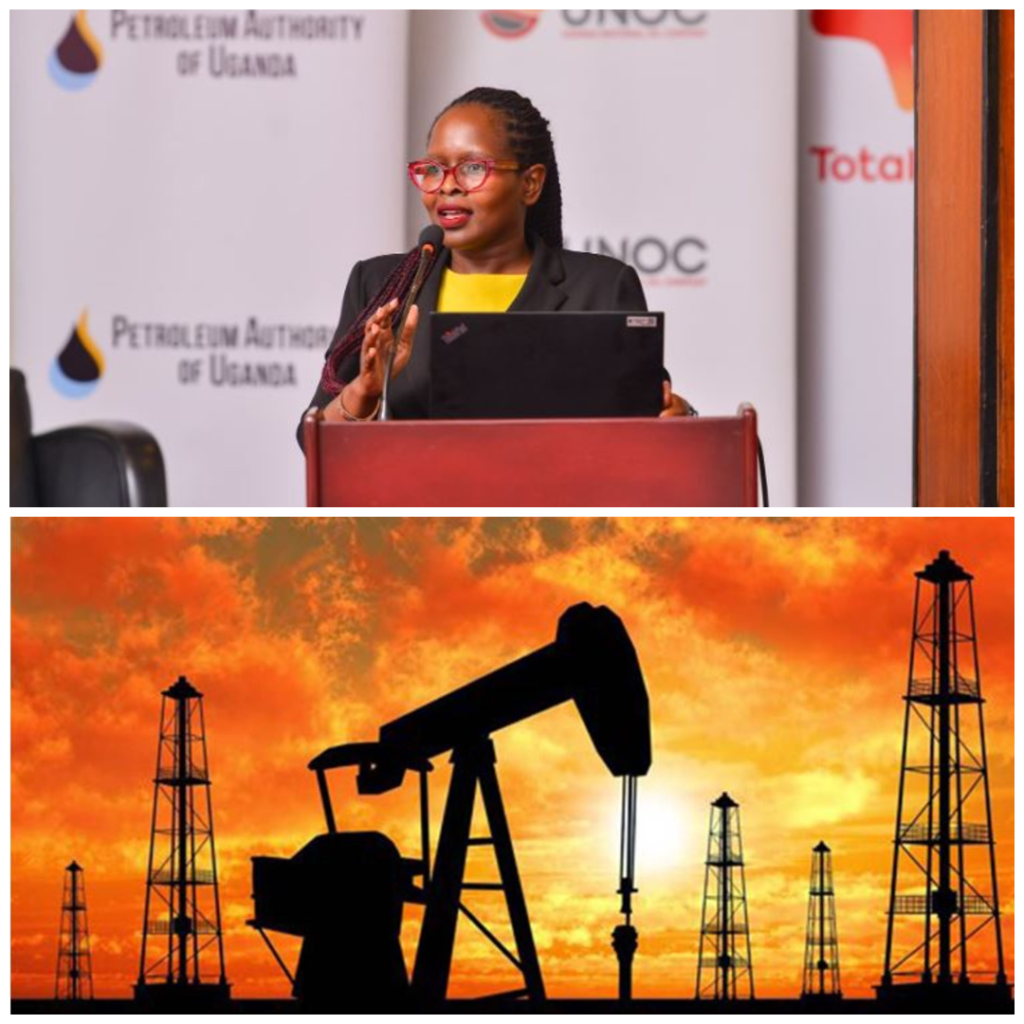
African countries must invest in new and revamp old refineries to secure their energy future, according to Gloria Sebikari, Head of Corporate Affairs at the Uganda Petroleum Authority (PAU).
This call to action emphasizes the need for harmonization between the upstream and downstream sectors of the oil and gas industry.
“We must harmonise the upstream and downstream sectors to secure Africa’s energy future. Energy security, cleaner fuels and efficient storage solutions must be at the heart of Africa’s strategy,” Sebikari says.
She explains that Uganda’s planned 60,000 barrels of oil per day refinery project, developed alongside the East African Crude Oil Pipeline (EACOP), is set to be a game changer for the country and the East African region.
Sebikari’s remarks come at a time when players in the oil and gas sector contend that due to limited refining capacity, over 75% of the 1.9 billion barrels of crude oil produced in Nigeria and other African countries in 2024, translating to 1.4 billion barrels was exported to Europe and other continents, at the detriment of local refineries and rising energy poverty in Africa.
Speaking at the yearly conference of African Refiners and Distributors Association (ARDA) in Cape Town, South Africa with focus on ‘Africa First: Delivering Our Energy Future’, the stakeholders disclosed that capacity utilisation remained a challenge for Dangote’s 650,000bpd refinery, the 60,000bpd Port Harcourt and 75,000bpd Warri refineries commissioned last year by the Nigerian National Petroleum Company Limited (NNPCL) among others in Ghana and Angola.
The State of Refining Capacity in Africa
It is important to note that Sub-Saharan Africa’s refineries are old and aging, with inadequate refining capacity compared to other regions. This has resulted in a reliance on imported refined petroleum products, which can be costly and unreliable. To address this challenge, Sebikari contends that African countries must prioritize investment in new refineries and upgrade existing ones.
Uganda’s Refinery Project: A Game Changer
Sebikari explains that Uganda’s planned 60,000 barrels of oil per day refinery project is a significant step towards addressing the region’s energy needs.
The project, she observes, if developed alongside the East African Crude Oil Pipeline (EACOP), will not only create jobs and stimulate economic growth but also enhance energy security.
She argues that the refinery will also stimulate industrialization, with the development of the Kabalega Industrial Park, hosting petrochemical and fertilizer-based industries, and an agricultural export hub.
Benefits of Investing in Refineries
Investing in refineries can have numerous benefits for African countries, including:
Reduced Dependence on Imports
With a domestic refinery, countries can reduce their reliance on imported refined petroleum products, saving millions of dollars in foreign exchange.
Increased Energy Security
A domestic refinery ensures a stable supply of petroleum products, reducing the risk of shortages and price volatility.
Job Creation and Economic Growth
The refinery project can create thousands of jobs, both during the construction phase and in the long term, contributing to economic growth.
Improved Trade Balance
By reducing imports and increasing exports of refined products, countries can improve their trade balance, boosting their economy.
Increased Government Revenue
The refinery can generate significant revenue for the government through taxes, royalties, and dividends.
Regional Cooperation and Investment Opportunities
The development of refineries in Africa presents opportunities for regional cooperation and investment. Countries with existing refineries can share their expertise and knowledge with others, while investors can benefit from the growing demand for refined petroleum products. The East African region, in particular, offers opportunities for investment in oil and gas exploration, production, and refining.
Reiterating Sebikari’s remarks, therefore, investing in new and revamping old refineries is crucial for Africa’s energy security and economic growth.
Uganda’s refinery project is a significant step towards addressing the region’s energy needs, and other countries can learn from this example.
By prioritizing investment in refineries, African countries can reduce their dependence on imports, increase energy security, create jobs, and stimulate economic growth.
